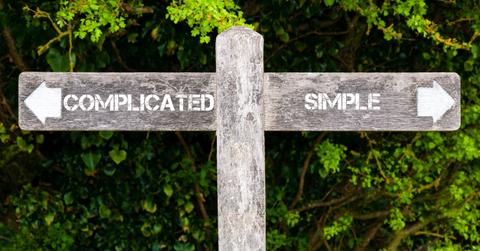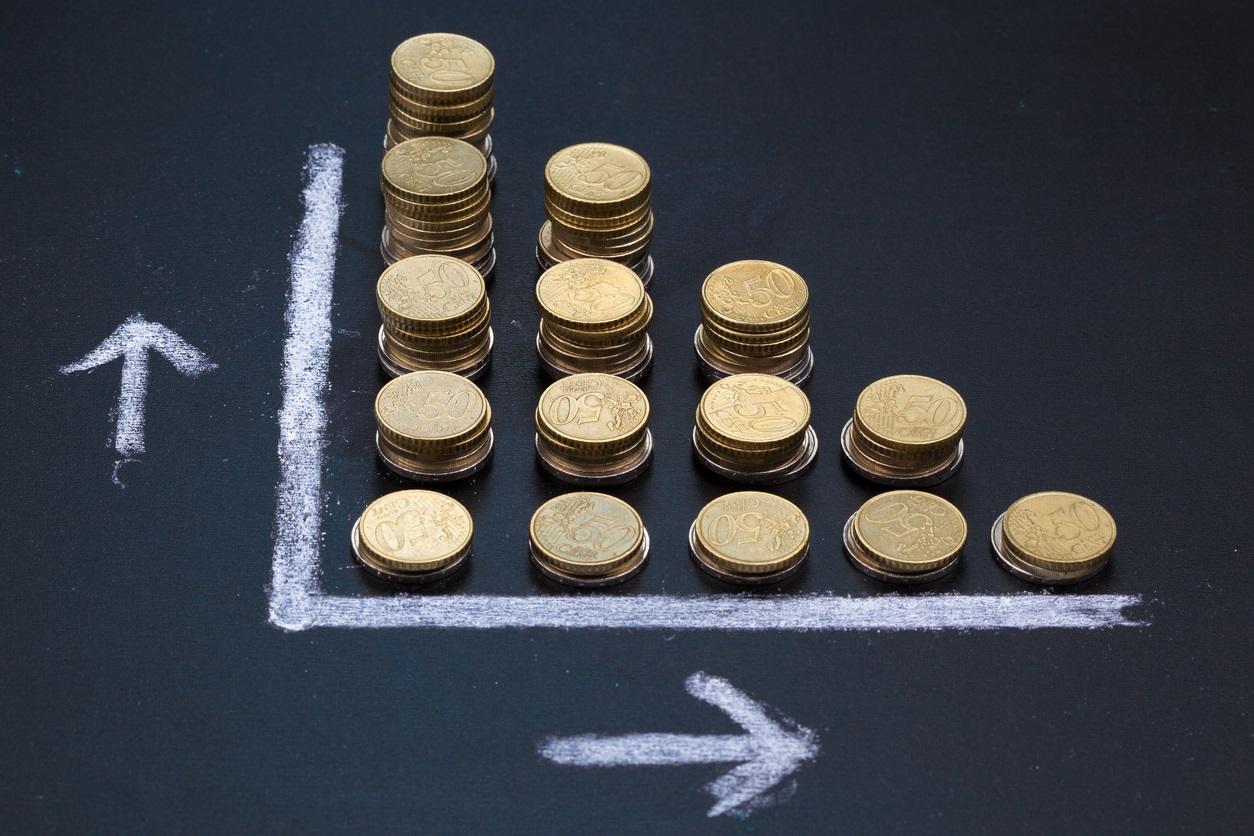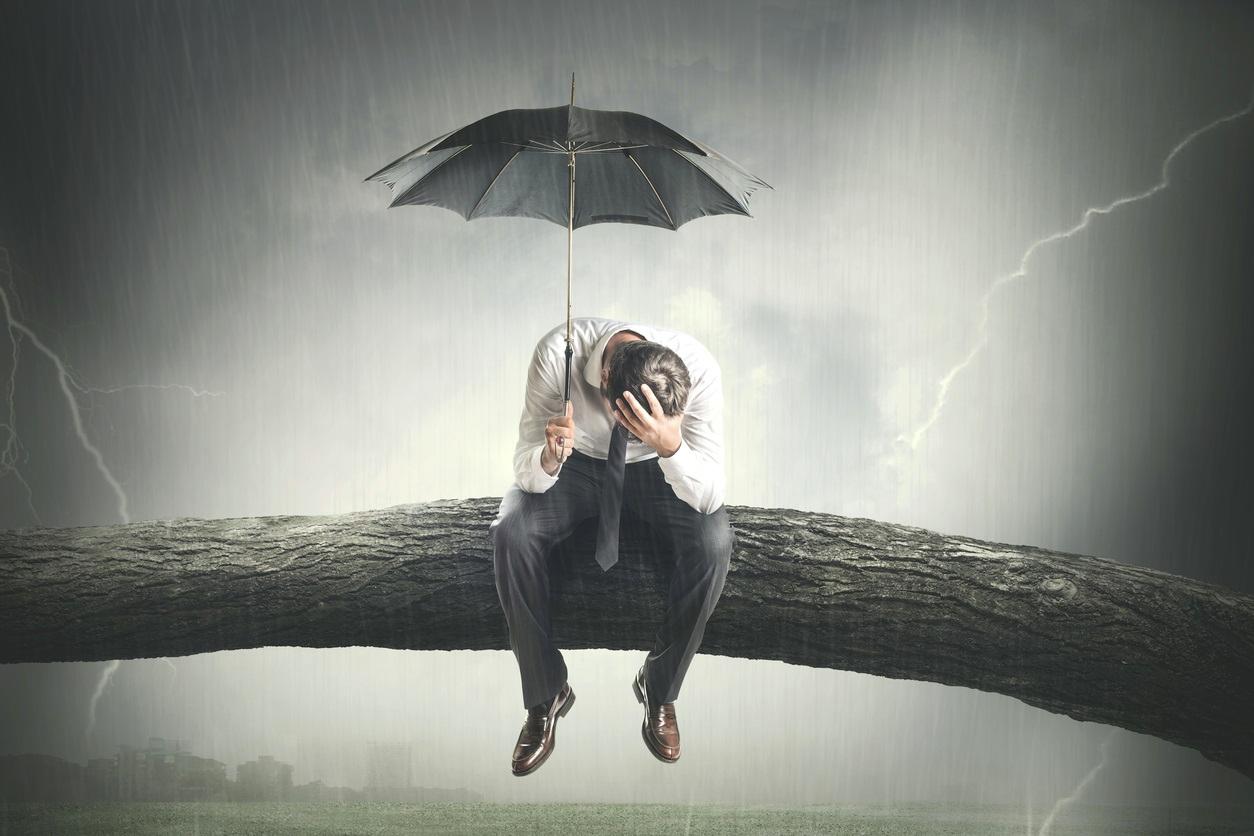What Every Family Should Consider Before Embracing Minimalism
Reducing waste is part of an eco-conscious lifestyle, but strict minimalism is another story. A close look at minimalism trends reveals that it might not be the best way to reduce your family's environmental impact after all.
Updated May 25 2019, 7:35 p.m. ET
Reducing waste is an important part of any eco-conscious family's lifestyle. Recycling or getting rid of things you no longer need is good for the environment and for cutting down on clutter, which in turn cuts down on stress. But recently, the publication of bestselling books, such as Francine Jay's The Joy of Less, has given rise to an entire movement--which some call the 'simple living movement'--of people who take the idea of reducing waste to some pretty extreme places.
From tiny houses to never buying anything new and urging others to do the same, the simple living movement aims to reduce the space and resources every person uses, even through extreme means, for the good of the planet. It seems like a worthy ambition. But a closer look at the tenants of minimalism reveal that it might not be the best way to reduce your family's environmental impact after all.
For many people, minimalism isn't a choice
The most basic, underlying philosophy of minimalism is that most people have more than what they need, and could stand to give some of it up. The problem is, this isn't remotely true. More than half of the world's population lives on less than 10 US dollars a day. Around 1 billion people live on less than 1 U.S. dollar per day. In other words, most people on earth are poor.
Buying less, eating less, spending less...these things are choices for certain people. But for most people around the globe, they are not. Even in the Western world, particularly in the U.S. things are changing for many people. Many young people in the United States are having a harder time finding jobs than their parents. Certain industries, such as the auto industry, have drastically declined.
Poverty is on the rise, and the income gap between the richest U.S. citizens and the poorest continues to widen. It's difficult to spread the gospel of minimalism when most people around the world live in small dwellings, save used items, and rarely buy new things out of necessity. The audience for minimalism is small--small enough that the amount of people it pertains to is not large enough to cause significant global change.
A better way to change the world may be to donate to charities which are helping to improve the global economy and curb wealth disparities. When people have more money, they can contribute more to the global economy, which results in a healthier economy with more incentive to invest in "risky" new technologies, such as clean power. In other words, helping people live better can actually help save the planet.
Minimalism doesn't directly help the environment
There are absolutely small things that individuals can do to help the environment such as recycling, reusing, and investing in cleaner energy sources for our own homes. But living a stricter minimalist lifestyle isn't always that helpful. Why? Because the biggest consumers in the world--the ones who are eating up the majority of the planet's resources--aren't everyday people, they're companies.
While it's true that consumer purchases do play a role in the success of such companies, it's unreasonable to ask most people to give up things like cars in order to stymie the corporation's profits. Most North American cities, for example, are built around highways and roads. Most towns down't provide public transportation. Driving is one of the only ways for people to get to work, to the store, or anywhere. In rural areas, driving is even more of a necessity, as everything one needs to live is likely to be at least twenty minutes from one's home.
It doesn't make sense to ask an individual--or even a lot of individuals--to do everything they can to live a hard lifestyle which, in the end, won't do much to curb the profits or power of the true polluters. A better course of action may be to get involved in politics which align with your vision for the environment, and work to elect people who share your values. Supporting industries which compete with the polluters could also have a greater impact than simply striving to buy less.
Minimalism distracts from accessible solutions
It is actually true that every person has the power to save the planet. But not on our own. Minimalism is tempting, as a solution to global problems, because it focuses on individuals only. We feel that if we can change ourselves, we can change anything. But a strict minimalist lifestyle only offers a way for individuals from a small group to change themselves. It doesn't necessarily offer the tools necessary for global change.
Instead of trying to convince a few thousand people to buy less stuff, why not join other passionate people in politics, and help elect leaders who will pass policies that protect the planet? Why not call people who are already in positions of power and express your concerns? Why not advocate for laws which curb factory emissions and other pollution, and encourage others to do the same? These are the types of policies that could create large-scale, global change.
The good news about the "bad news" about minimalism is that there are many other things you can do to change the world. Invest in the types of technologies, industries, and policies you'd like to see more of in the future. Change your family's mindset, then set about doing what you can to make a difference.


